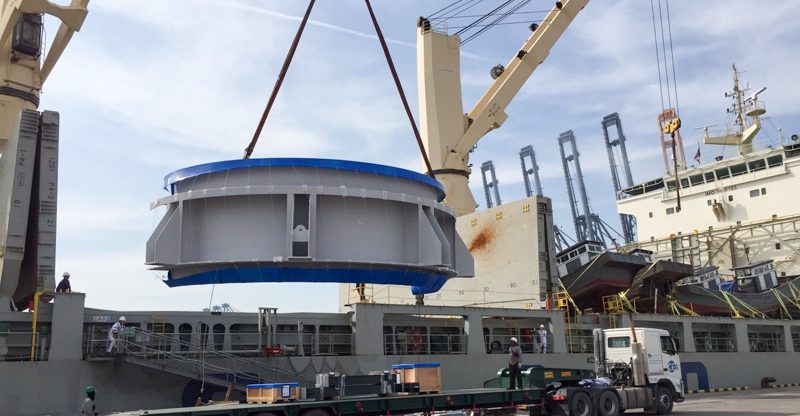About logistics and the types of brokerage services
The term “logistics” is now widely used in the business world to describe the efficient flow and storage of commodities, from point of origin to point of consumption. Transportation, shipping, receiving, storage, and management are some of the operations of a proper supply chain. Logistics also refers to information, transportation, inventory, warehousing, material handling, packaging, disposal, and security within corporate sectors through out of gauge transport.
People frequently confuse the words 3PL and freight broker, which leads to misunderstandings about the differences between the two services. Let’s look at the differences between a 3PL and a freight broker exchange company.
Difference between 3PL and freight brokerage
Both 3PLs and Freight Brokers act as intermediates between the shipper and the carrier, and also their functions are different.
What is a 3PL broker?
The 3PL company considers the larger picture and thinks strategically. They plan ahead of time in the supply chain and anticipate a client’s needs at each stage of the supply chain, transportation, and delivery process.
What is a Freight broker?
A freight broker is a non-asset-bearing intermediate between a shipper with products to carry the out of gauge transport the freight. A freight broker, in essence, works directly with owner-operators across the country to manage specific shipments.
Freight brokers frequently connect with hundreds, thousands of small to medium-sized freight carriers to provide a broad network of shipment choices. As a result, shippers have options other than the main freight carriers.
Need for a mix of brokerage and 3PL services
Shippers who want to be a part of a collaborative transportation network will discover that a 3PL is a good fit. Freight brokers have a role to play when it comes to shippers who already have established 3PL agreements. A shipper may enhance their shipping needs with a brokerage agency if they desire more flexibility in their shipment demands. When transportation capacity is limited, 3PLs’ long-standing ties can be advantageous. Shippers combines with 3PL businesses and freight brokerages to save money on shipping.








